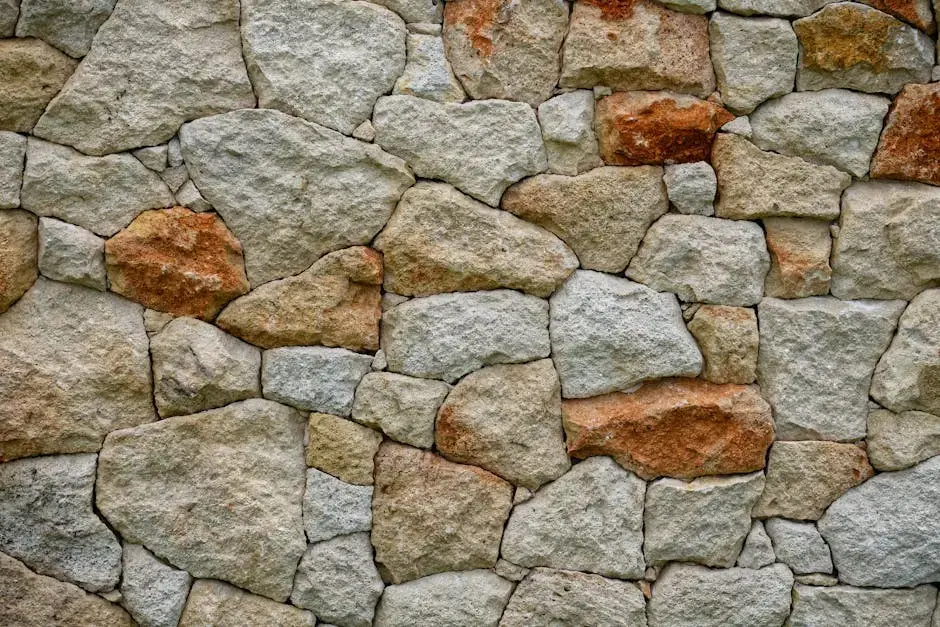Can an Outdoor Grill Be Integrated into a Patio Design?
- a94 Interlock
- Jun 1, 2025
- 3 min read
Integrating an outdoor grill into your patio design can enhance your cooking experience and create a perfect space for entertaining. In this FAQ, we’ll guide you through the essential steps to effectively incorporate an outdoor grill into your patio layout, considering design, functionality, and style.

Step 1: Assess Your Patio Space
Evaluate the available space on your patio to determine the size and type of grill that can be accommodated without overcrowding.
It's important to measure your patio area thoroughly before making any decisions. Consider existing furniture, walkways, and the overall flow of your outdoor space. This initial assessment not only ensures you have enough room for your grill but also helps maintain an inviting atmosphere where family and friends can gather comfortably.
Take note of how much natural light your patio receives throughout the day. This consideration is crucial because grilling can create smoke and steam, and you’ll want to ensure you have adequate ventilation and space.
Step 2: Choose the Right Grill Type
Decide between a built-in grill, a portable model, or a complete outdoor kitchen setup based on your cooking needs and lifestyle.
Understanding the differences between grill types can help streamline your decision. If you love hosting gatherings, a built-in grill could be your best option, as it offers ample cooking space and integrates beautifully into your patio design.
On the other hand, if you enjoy spontaneous outdoor cooking or frequently move, a portable grill might suit your needs better. Many modern portable grills are designed with convenience in mind and can provide excellent cooking results without the need for a permanent installation.
Step 3: Plan for Safety and Convenience
Consider safety distances from flammable materials and ensure that you have easy access to utilities like gas and electricity if needed.
Safety should always be a priority when integrating an outdoor grill into your patio design. Make sure there's enough clearance around the grill to avoid any fire hazards. Typically, it’s advised to maintain at least three feet of space between the grill and any structures, furniture, or landscaping.
Furthermore, consider how you'll supply fuel—whether gas, charcoal, or electric. Ensure you have a safe, convenient source for these utilities, as this will significantly enhance your cooking experience.
Step 4: Incorporate Stylish Surrounding Elements
Enhance the aesthetic appeal of your patio by incorporating elements like countertops, storage, or decorative lighting around your grill.
Countertop space is vital for any grilling enthusiast. A nearby countertop can provide a convenient area for food prep, seasoning, and plating, making your cooking process smoother and more enjoyable.
Moreover, consider adding decorative elements such as ambient lighting or planters. These details not only enhance the visual appeal but can also set the mood for your outdoor gatherings, making the space feel more inviting and customized.
Step 5: Maintain Accessibility and Flow
Ensure that your grill is easily accessible and that guests can move around the patio without obstruction to foster a welcoming atmosphere.
To create a harmonious outdoor space, arrange your grill in a location that is central yet unobtrusive. You want your grill to be easily reachable while cooking, yet not disrupt the flow of foot traffic.
Consider pathways that lead to and from the grill, accommodating both chefs and guests alike. This thoughtful planning ensures everyone can enjoy the space, adding to the overall enjoyment of your outdoor cooking and entertaining experience.
Final Thoughts on Outdoor Grill Integration
Incorporating an outdoor grill into your patio design is both a practical and stylish choice. By following these steps, you can create a beautiful, inviting space that serves as the heart of your outdoor gatherings.
_edited_edited_edited_edi.jpg)
.png)



Comments